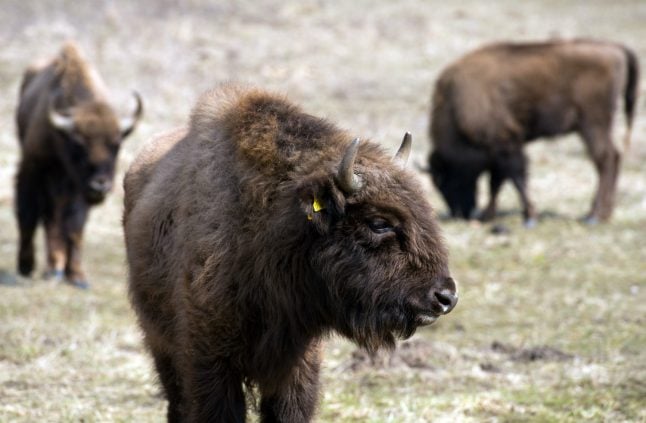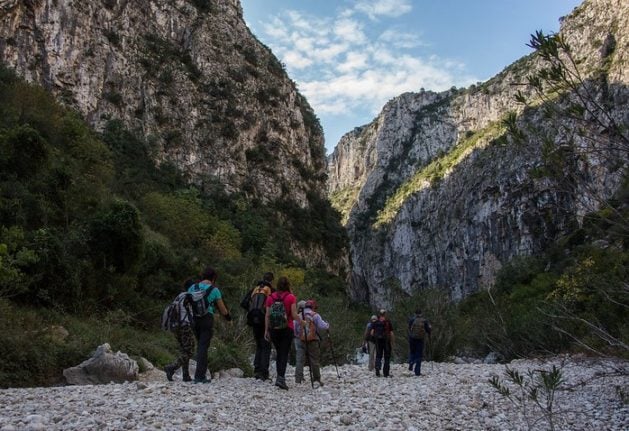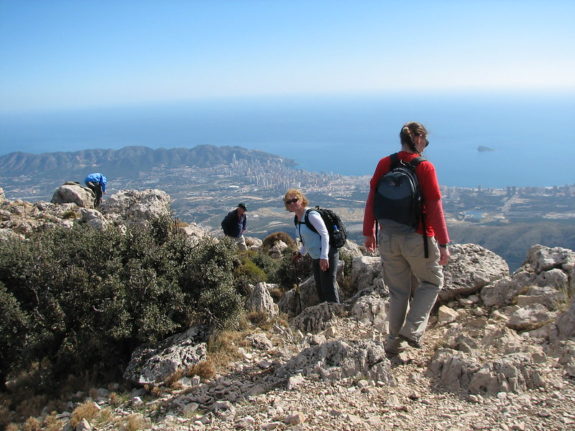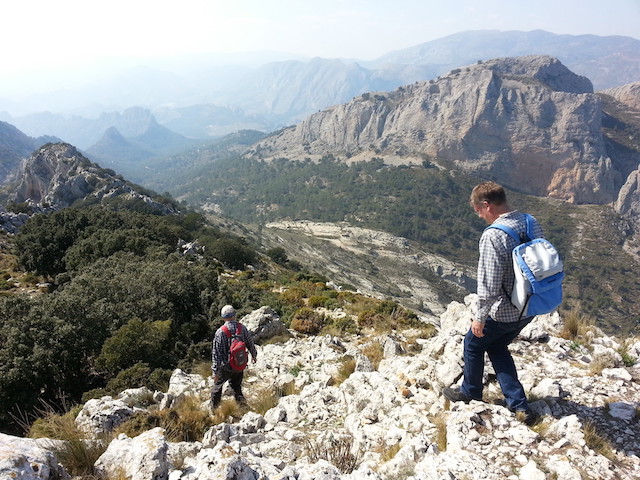“Giving permission to shoot a strongly protected animal without a clear potential threat is a criminal offence,” Chris Heinrich, a WWF board member said in a statement which explained why they decided to file charges against the head of a public order office in Brandenburg.
“After more than 250 years a wild bison had been spotted again in Germany and all the authorities could think to do is shoot it.”
A man had spotted the European bison next to the river Oder near the town of Lebus on Wednesday and alerted the authorities, according to police.
The head of the local public order office decided that the bison needed to be killed in order to protect the population and instructed two local hunters to kill the beast on Thursday.
According to Polish authorities, the animal was probably a bull which had been running around the Ujście Warty National Park on the German-Polish border for some time before wandering into the Bundesrepublik.
The European bison is Europe’s largest land mammal and has not been seen in the wild in Germany for over 250 years. They are considered “vulnerable” by conservation bodies internationally and are on the list of Germany’s “strongly protected animals”.
The bison are not known to be dangerous, Brandenburg's Environment Minister Jörg Vogelsänger told Der Tagesspiegel. If they were, then “half of Poland, where the animal is a national symbol, would have to be declared a danger zone,” as they roam freely there, he said.
A spokesperson for the Environment Ministry also suggested that a tranquiliser dart could have been used to neutralise any danger to nearby citizens, which could have been provided by any country vet.
Heinrich blamed a “lack of professionally trained staff in the area”. he added that “the state of Brandenburg has proven itself to be less than professional in its treatment of wild animals in the past, as shown by how it deals with wolves and elk.”





 Please whitelist us to continue reading.
Please whitelist us to continue reading.